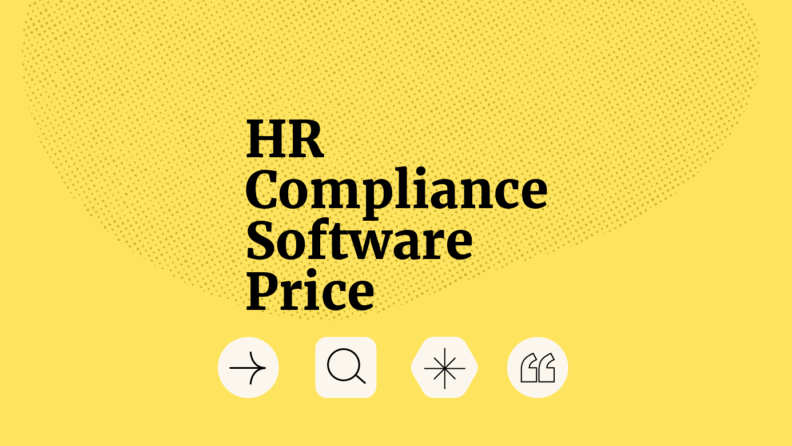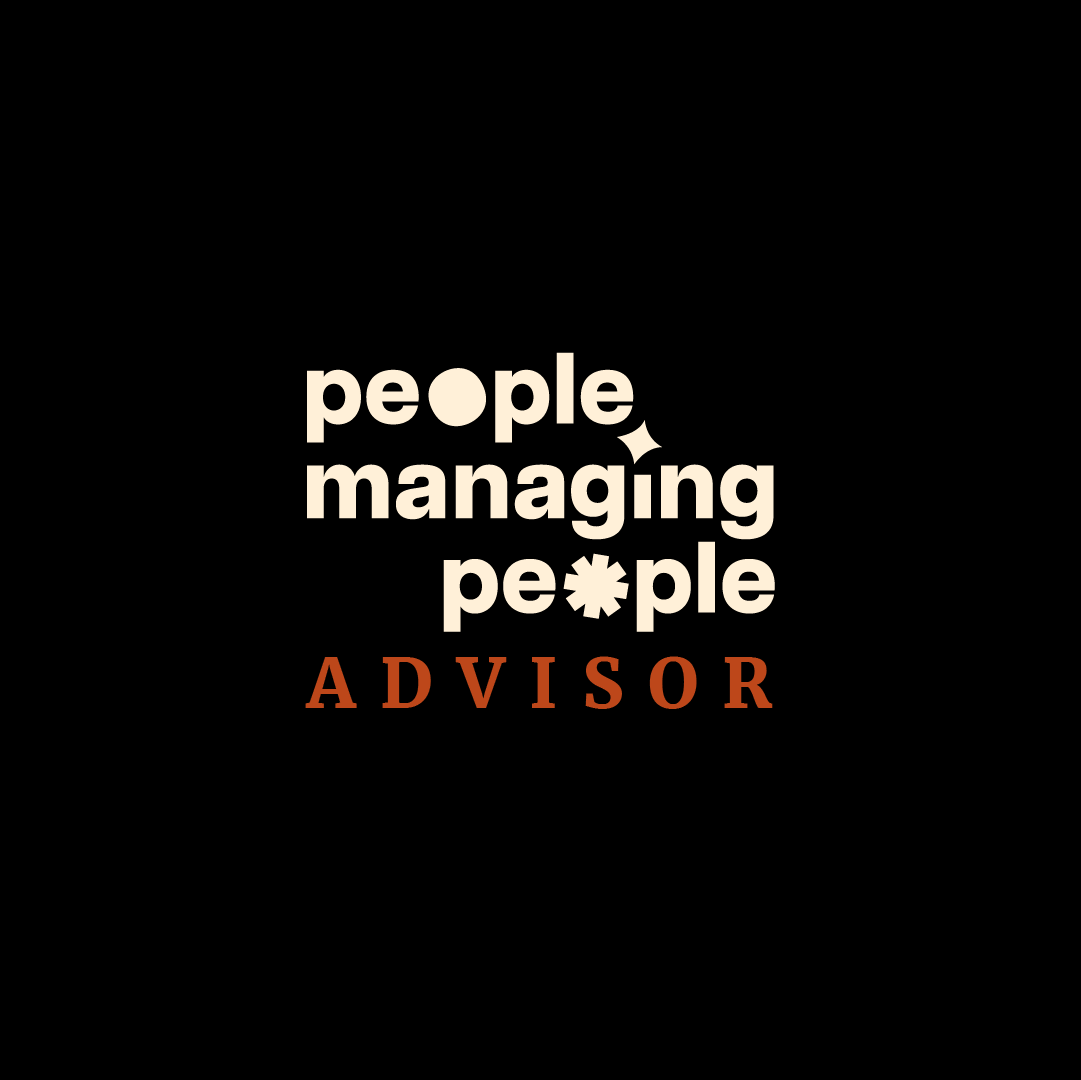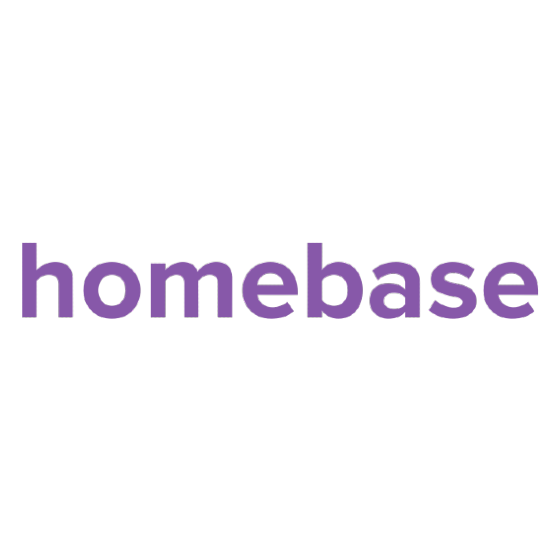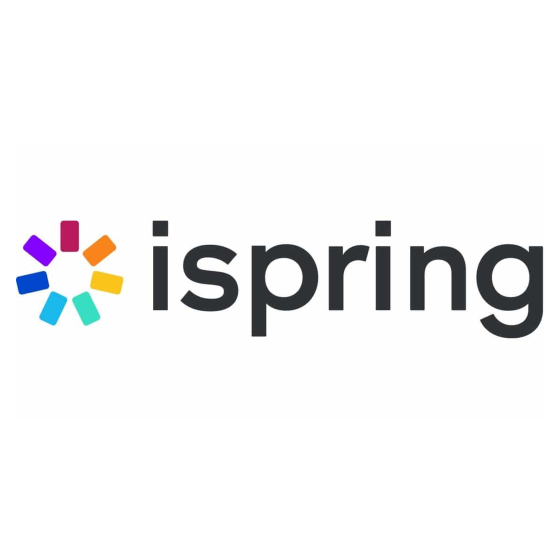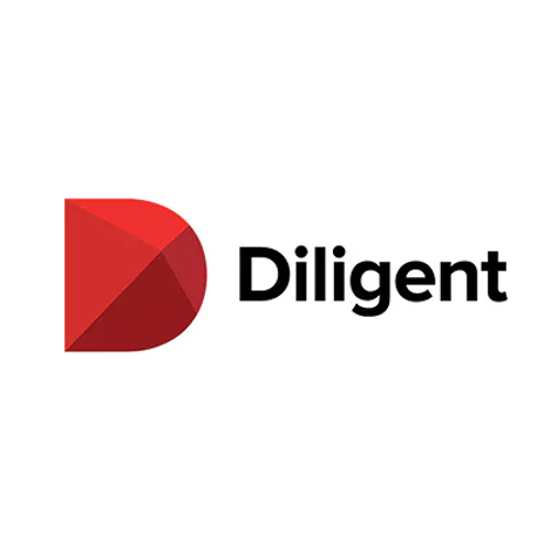Navigating the pricing for HR compliance software can be a real headache. With complex pricing tiers, feature gating, and often hidden costs, it's tough to get a clear picture.
This guide is for you—buyers, finance leads, or department heads—who need to budget or make procurement decisions.
I’ll break down typical cost ranges, pricing models, and hidden fees. You'll also get advice on evaluating ROI to simplify your buying process and help you make informed decisions for your team.
Expect higher costs as you add users or advanced features.
Upfront price ≠ total cost—watch for add-ons like integrations and support.
Prioritize ROI and scalability over sticker price to maximize long-term value.
How Much Does HR Compliance Software Cost?
Pricing for HR compliance tools is most commonly structured per employee per month (PEPM). Core compliance and HR software typically range from $5 to $17 PEPM, though costs can climb for advanced features, global support, or additional modules.
Comprehensive HR suites—including payroll, performance, or analytics—may range from $5 up to $60+ PEPM, with enterprise-level systems often requiring custom quotes. Vendors also sometimes offer flat‑rate pricing or volume discounts for larger teams.
Additionally, implementation fees—covering onboarding, data migration, and training—are a frequent consideration and can substantially raise the first-year cost, which we will explore more below.
What Factors Influence HR Compliance Software Pricing?
When choosing HR compliance software, you may face challenges like hidden fees and varying costs based on features and usage, such as audit logs or role-based access. Let's break down the factors that affect pricing:
| Factor | How It Affects Pricing |
| Audit Logs | Detailed audit logs are often part of premium or enterprise plans, which can add hundreds to thousands of dollars annually depending on vendor storage and reporting capabilities. |
| Role-Based Access | More advanced role-based access controls may only be available in higher-tier plans, potentially increasing costs by several hundred to over $1,000 annually depending on complexity. |
| Certification Support | Compliance features like supporting certifications (e.g., ISO, SOC, HIPAA) may be sold as add-on modules or included in enterprise tiers, adding $1,000–$5,000+ annually depending on scope. |
| User Training | Training is often optional but can raise costs—vendors may charge hundreds to thousands per session, depending on delivery format, duration, and team size. |
| Implementation Fees | Initial setup and customization typically add $2,000–$5,000 for SMBs, though costs can exceed $10,000+ for larger or more complex organizations. |
HR Compliance Software Price Comparison
Use this table to compare the pricing, trial, and demo details for HR compliance tracking systems side-by-side.
| Tool | Best For | Trial Info | Price | ||
|---|---|---|---|---|---|
| 1 | Best for workplace investigations | Free demo available | Pricing upon request | Website | |
| 2 | Best for creating compliant HR documents across all 50 US States | Free demo available | Pricing upon request | Website | |
| 3 | Best HR compliance software for its global coverage | Free trial + demo available | From $29/month | Website | |
| 4 | Best software for compliance dashboard efficiency | Free demo available | Pricing upon request | Website | |
| 5 | Best for SCORM-compliant compliance training | Free demo available | Pricing upon request | Website | |
| 6 | Best for managing payroll and benefits compliance | Free demo available | Pricing upon request | Website | |
| 7 | Best compliance and workforce management software for global teams | Free demo available | From $25 - $199/user/month | Website | |
| 8 | Best HR compliance software for small businesses | Free plan available | From $20/location/month | Website | |
| 9 | Best for helping new hires adapt to the workplace quickly | Free trial + demo available | From $3.70/user/month (billed annually) | Website | |
| 10 | Best for using HR data to identify and mitigate risk | Free demo available | Pricing upon request | Website |
Understanding Pricing Models
When choosing HR compliance software, it's essential to understand how pricing models differ from the actual cost. Models like per user or tiered subscriptions can impact your budget differently based on your team size and needs.
Let's explore the common pricing models you might encounter:
| Pricing Model | How It Works | What to Watch For |
| Subscription-Based (Per user or seat) | You pay a recurring monthly fee based on the number of employees who accesses the software | Costs can rise quickly as your team grows |
| Per Usage | Charges are based on how much you use the software | High usage can lead to unexpected expenses |
| Tiered Subscription | Different feature sets are available at different pricing tiers | Lower tiers may lack essential features, forcing upgrades |
| Custom Quote | Pricing is tailored based on your specific needs | May lead to higher costs if your requirements are complex |
| Pay-as-you-go or Annual | You pay based on the duration of use, either monthly or annually | Annual payments often offer discounts but require upfront commitment |
Typical Pricing by Company Size
Pricing for HR compliance software often scales with company size, impacting your budget as you consider user numbers and feature needs. Here's what you can expect by company size:
| Company Size | Typical Price Range | Typical Cost Estimate | What’s Usually Included |
| Small business (1 – 50 employees) | $2 – $10 per employee/month | $20 – $500 per month | Basic compliance features, standard support, and limited users |
| Mid-size business (51 – 200 employees) | $25 – $60 per employee/month | $1,275 – $12,000 per month | More users, enhanced features, additional integrations, and analytics |
| Large Enterprises (200+ employees) | Custom quoted; often $60–$100 per employee/month | Custom quoted, ranging from $12,000+ | Full suite of features and integrations, API access, global compliance, and premium support |
Hidden & Add-On Costs to Watch For
When deciding on HR compliance software, it's crucial to look beyond the base price and consider potential hidden costs. You might encounter onboarding fees or extra charges for premium support, which can quickly add up. Let's dive into common hidden costs you should be aware of:
| Hidden Cost or Add-On | Description |
| Onboarding / Setup Fees | Many vendors charge implementation or setup fees to cover data migration and configuration. These can range from a few hundred dollars for small teams to several thousand for enterprise rollouts. |
| Training or Certifications | Optional training sessions or certification programs can cost hundreds to thousands per session, depending on depth, delivery method (live vs. self-paced), and audience size. |
| Premium Support | Enhanced support (e.g., 24/7 help, priority response times, or dedicated account managers) often starts around $1,000 annually but can climb much higher for enterprise SLA tiers. |
| Extra Integrations | If you need integrations beyond the vendor’s standard package, expect added fees—often hundreds per integration annually, depending on complexity. |
| Usage Overages | Exceeding limits on data storage, users, or transactions can trigger overage fees. These are usually billed per user, per GB, or per transaction, with rates varying widely. |
| Contract Minimums | Some vendors require annual contracts or minimum headcounts. Breaking these terms early can lead to penalties or locked-in costs. |
| Compliance or Legal Updates | Regulatory updates may be included in higher-tier plans, but in some cases vendors charge hundreds to thousands annually for compliance modules tailored to industries like healthcare or finance. |
Additional HR Compliance Software Costs to Consider
Beyond the average subscription price, you’ll want to account for other additional costs that may arise during setup and long-term use:
- Data Migration: Moving existing HR and compliance data into the new system often requires vendor or consultant support. Costs can range from a few hundred dollars for simple transfers to thousands for large or complex datasets.
- Enterprise Features: Capabilities like Single Sign-On (SSO), audit logs, or advanced security are sometimes only available in premium tiers. These can add hundreds to several thousand annually, depending on your vendor and plan.
- Compliance Requirements: Modules for industry-specific compliance (e.g., SOC 2, HIPAA, GDPR) may be included in enterprise packages or offered as add-ons. Expect costs to vary from a few hundred to several thousand dollars annually.
- Service Level Agreements (SLAs): Higher SLA tiers with faster response times or stronger uptime guarantees typically carry a premium support surcharge, which can significantly increase costs for enterprise buyers.
- Maintenance & Updates: Most vendors include updates in subscriptions, but some charge for specialized technical support or custom fixes. This may add ongoing costs over the product’s lifecycle.
- Hardware & IT Infrastructure: Certain on-premise or hybrid systems may require hardware upgrades or IT investments. For cloud systems, this is less common but still worth verifying.
- Government Filing Fees: Some providers charge extra for e-filing services (e.g., IRS forms in the U.S. or similar filings abroad). These are usually per form or per submission.
- Support & Consulting: Premium compliance advisory services—like compliance audits or one-on-one consulting—can cost hundreds to thousands depending on scope.
The bottom line is to avoid overspending by carefully reviewing what features you truly need and watch for unnecessary add-ons. Always ask for a detailed breakdown of costs before committing.
Maximizing ROI from Your HR Compliance Software Investment
Measuring ROI is essential when evaluating HR compliance software. It helps you confirm the investment is worthwhile and highlights improvements after implementation.
Here are four key areas to assess:
Time Saved
Automation and streamlined workflows reduce manual effort and free up your team’s bandwidth. Think about which tasks the software will replace and how much time that saves.
For example, if your team currently spends 20 hours per month on manual compliance tracking, automation could reclaim 240 hours annually—equivalent to a month of full-time work, or thousands of dollars in labor savings depending on hourly rates.
Ask vendors to demonstrate time-saving features in real use cases to visualize the benefits and plan for how you’ll reallocate your team’s capacity.
Error Reduction
Fewer manual processes mean fewer costly mistakes. Errors in compliance reporting, payroll, or recordkeeping can lead to fines or rework. Ask vendors how their system validates data, enforces rules, or flags discrepancies. Estimating how much time and money error prevention saves can help you build a stronger business case.
Compliance Risk Avoidance
Built-in compliance features for legal, financial, and industry regulations help minimize the risk of penalties or failed audits. Confirm which standards the platform supports (e.g., SOC 2, HIPAA, GDPR) and request examples of how the system has prevented compliance gaps for other clients. This gives you concrete proof of risk management and avoidance capabilities.
Cross-Team Adoption or Consolidation
One platform that serves multiple teams—or replaces several standalone tools—can reduce costs and improve alignment. Identify which functions could realistically use the system and whether it could replace existing tools. Ask vendors for rollout stories across departments to understand cross-team impact and potential savings.
Questions to Ask Vendors During Pricing Demos
I know how challenging it can be to find the right HR compliance software that fits your unique needs and budget. It's easy to feel overwhelmed by the many options available, each promising to solve all your compliance headaches.
Vendor demos are your best opportunity to clarify pricing, understand what’s included, and spot potential surprises. Instead of running through a generic checklist, organize your questions by theme to keep the conversation focused:
Pricing & Contracts
- How is your pricing structure determined (per user, per employee, flat rate)?
- What features are included in each tier, and what triggers an upgrade?
- Are there any usage caps, and what happens if we exceed them?
- How often will we be billed, and what are the renewal terms?
- Do you offer discounts for long-term commitments, nonprofits, or startups?
- Are there minimum contract lengths, and what are the penalties for early termination?
Implementation & Training
- How long does onboarding take, and what’s included in the process?
- Are setup, migration, or customization fees charged separately?
- What training options are available (live sessions, self-paced, certifications), and what do they cost?
Integrations & Scalability
- Which integrations are included by default, and are there extra costs for additional ones?
- How will the software scale with my business as we grow, both in users and global compliance needs?
Can I customize the platform to fit my unique workflows and requirements?
Support & Maintenance
- What customer support channels are available, and during what hours?
- Are premium support options available (e.g., 24/7 coverage, dedicated account manager), and what do they cost?
- What level of ongoing maintenance is required, and who is responsible for updates?
- How often do you release new features or compliance updates, and how are these communicated to customers?
Security & Compliance
- What data security measures do you have in place (e.g., encryption, SSO, access controls)?
- Which compliance standards (e.g., SOC 2, HIPAA, GDPR) does your platform support?
- Can you provide references or examples of how your system has helped other clients maintain compliance?
With these questions in hand, you can confidently start evaluating HR compliance software vendors. Ask current users for references to learn about their real-world experiences with the software.
You might also consider drafting an HR compliance software RFP to streamline your evaluation process.
Tips for Negotiating HR Compliance Software Pricing
Pricing is often flexible—if you know what to ask for. Use these tactics to secure better terms without sacrificing features:
- Benchmark competitors → Research comparable tools and use that data to push for fair pricing.
- Ask for discounts → Many vendors offer reduced rates for nonprofits, startups, or long-term commitments—but only if you request them.
- Start with a pilot → Request a pilot program or phased rollout to test functionality at a reduced rate before full deployment.
- Negotiate renewal terms → Review auto-renewal and lock-in clauses carefully; push for flexibility so you’re not trapped in a long-term contract.
- Leverage group buying → Team up with other departments (or, in some cases, industry associations) to negotiate bulk discounts.
HR Compliance Software Pricing: Final Thoughts
When it comes to HR compliance software, the price tag is only part of the story. The real value lies in how well the system supports compliance, reduces risk, and scales with your business.
Don’t just compare subscription costs—look closely at hidden fees, integration needs, and long-term ROI. The right vendor should feel like a partner, offering strong support, training, and scalability as your company grows.
If you plan to expand globally or operate in highly regulated industries, prioritize platforms with robust compliance features and international coverage. Investing in the right solution now can save you far greater costs from fines, errors, or system replacements later.
The bottom line: choose the software that balances cost, functionality, and long-term peace of mind.
Methodology: We’ve been testing and reviewing HR management software since 2019. We’ve tested more than 2,000 tools for different HR management use cases and written over 1,000 comprehensive software reviews. Our pricing guides and software reviews are backed by extensive research and data from a large number of software vendors, users, and testers.
Disclaimer: As researchers and independent reviewers, our aim is to share information on typical software pricing structures to help our readers contextualize their purchase decisions. We are not providing financial advice and encourage you to consult with a financial specialist as needed for your unique business case.
What’s Next:
If you're in the process of researching HR compliance software, connect with a SoftwareSelect advisor for free recommendations.
You’ll fill out a form and have a quick chat where they get into the specifics of your needs. Then you'll get a shortlist of software to review. They'll even support you through the entire buying process, including price negotiations.

